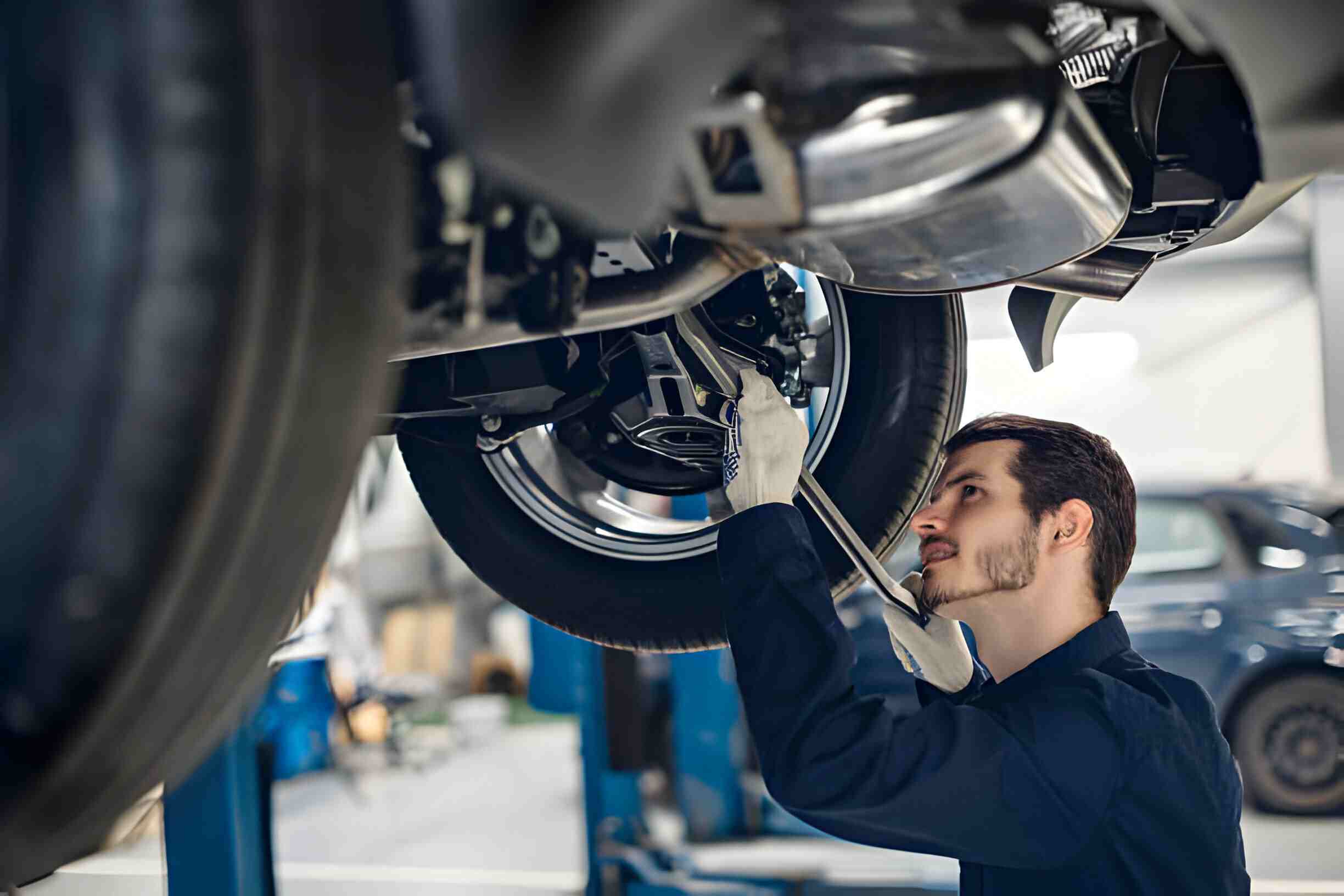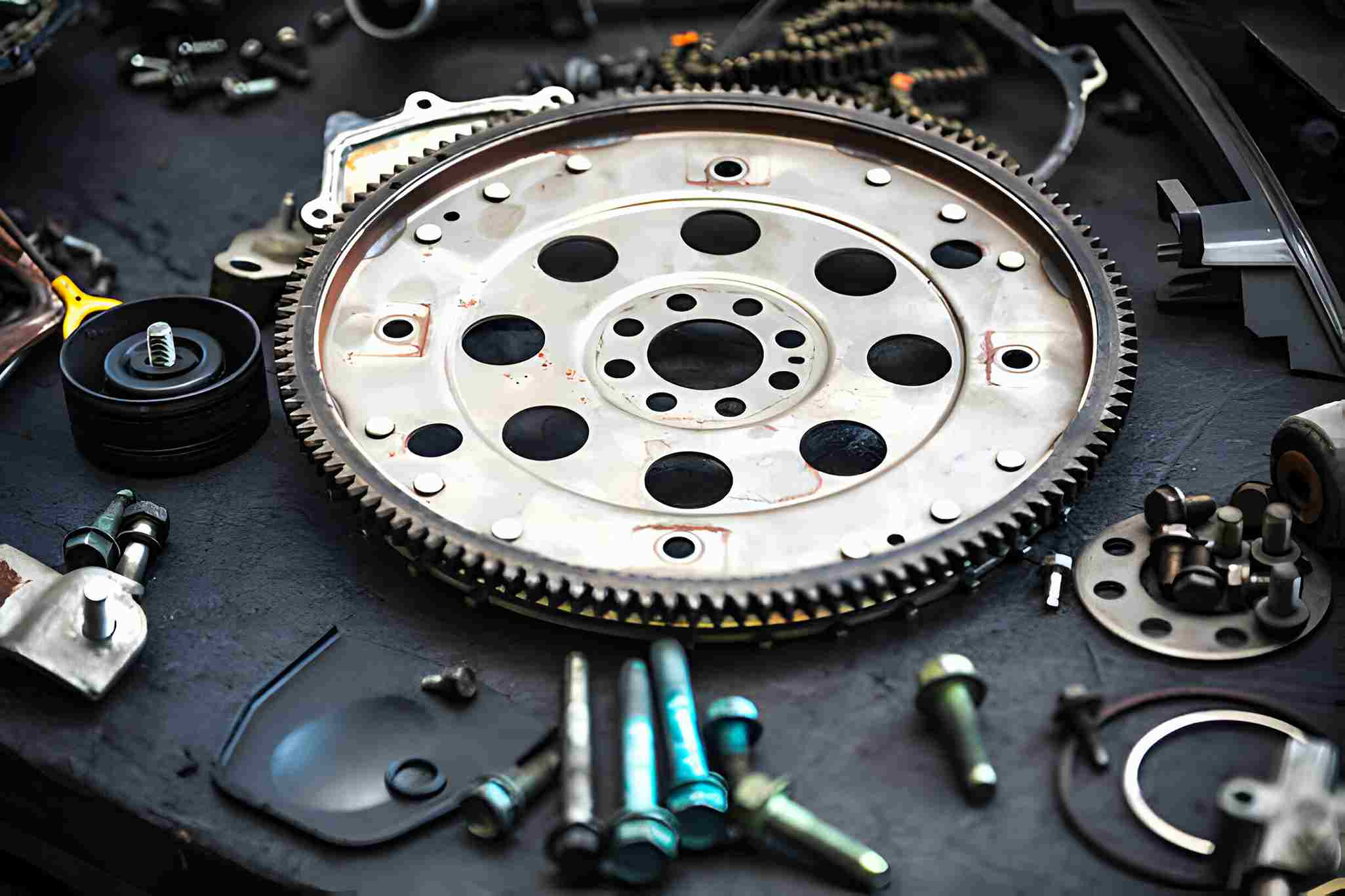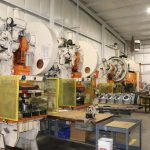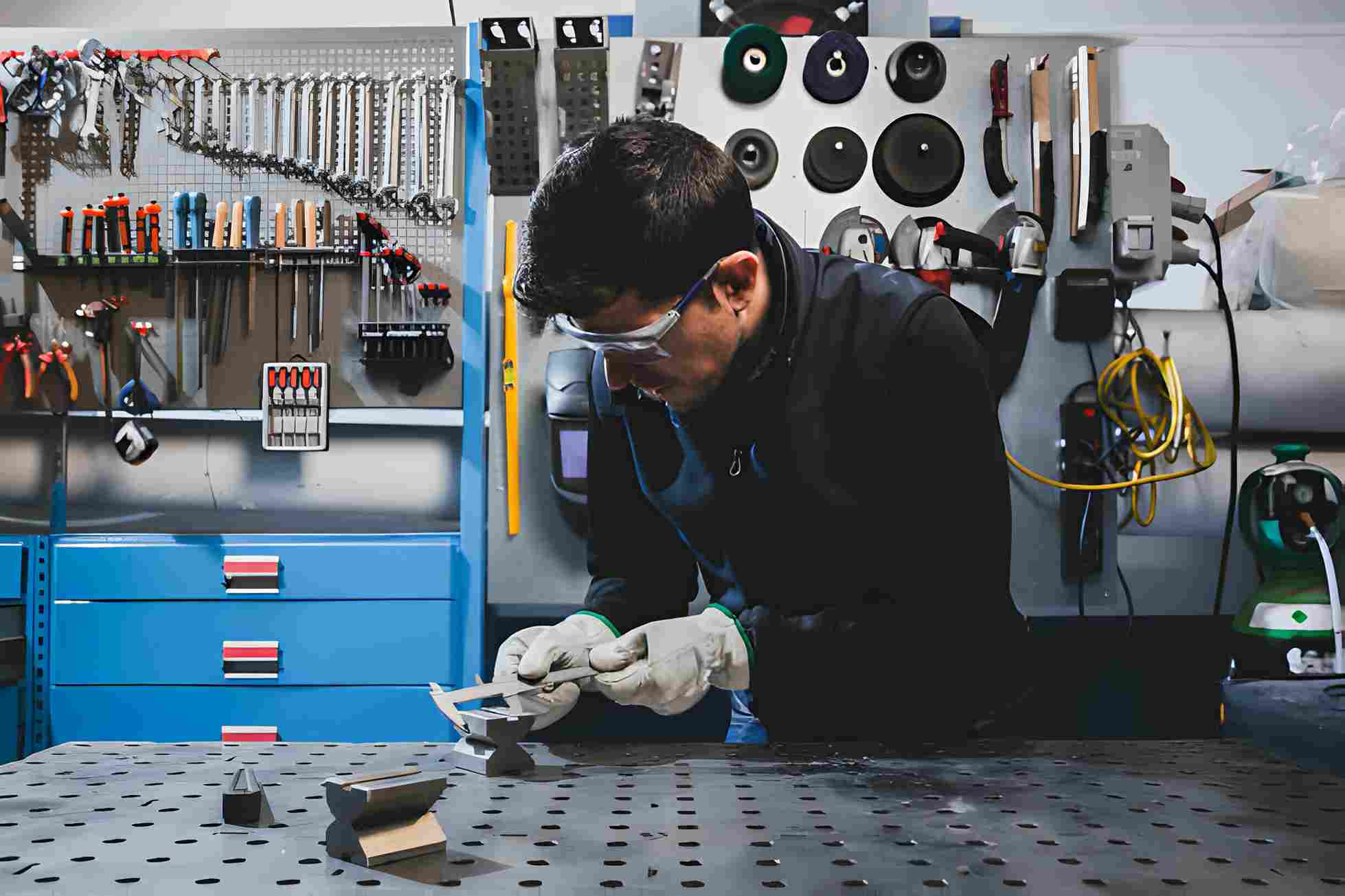Embarking on the journey of mastering car repairs is an empowering endeavor, and having the right set of tools is crucial for success.
In this comprehensive guide, we will delve into the essential automotive tools that every DIY mechanic or car enthusiast should have in their toolkit.
From basic hand tools to specialized diagnostic equipment, we’ll explore the must-haves for tackling a range of automotive issues and keeping your vehicle in optimal condition.
Basic Hand Tools
When it comes to automotive repairs, basic hand tools are the foundation of any toolkit. These tools are essential for a wide range of tasks, from simple maintenance to more complex repairs.
- Screwdrivers: Screwdrivers come in various types and sizes, each serving a specific purpose. Understanding the differences and having a set with magnetic tips can significantly enhance your efficiency when working with screws and bolts.
- Wrenches and Socket Sets: Wrenches and socket sets are indispensable for loosening or tightening nuts and bolts. Differentiating between combination wrenches and socket wrenches, as well as understanding metric versus imperial measurements, ensures you have the right tool for the job.
- Pliers and Cutters: Pliers and wire cutters are crucial for tasks requiring precision. Needle-nose pliers excel at reaching tight spaces, while wire cutters are essential for electrical work, providing clean and accurate cuts.

Diagnostic Tools
To accurately identify and troubleshoot car issues, diagnostic tools are invaluable. These tools provide insights into your vehicle’s performance and help pinpoint the root cause of problems.
- OBD-II Scanner: An On-Board Diagnostics (OBD-II) scanner is a must-have for modern vehicles. Understanding error codes and utilizing real-time data monitoring capabilities allow you to diagnose and address issues quickly and efficiently.
- Multimeter: A multimeter is an essential tool for testing electrical components, checking battery voltage, and diagnosing electrical problems. It’s a versatile instrument that every DIY mechanic should have in their toolkit.
- Compression Tester: For assessing engine health and identifying potential issues, a compression tester is indispensable. This tool allows you to measure the compression levels in each cylinder, providing valuable insights into your engine’s condition.
Power Tools
Power tools can significantly expedite repair processes and make certain tasks more manageable.
- Impact Wrench: An impact wrench is a powerful tool for removing stubborn bolts quickly. Its efficiency in speeding up the disassembly process makes it a valuable addition to any toolkit.
- Electric Drill: An electric drill is a versatile tool with various automotive applications. Choosing the right drill bits ensures you can effortlessly drill through different materials during repairs or modifications.
- Angle Grinder: For cutting and grinding metal, an angle grinder is a go-to tool. Understanding its applications and adhering to safety precautions are crucial for successful and safe use.

Specialty Tools
Certain repair tasks require specialized tools for precision and accuracy.
- Torque Wrench: Maintaining proper torque is critical in many automotive applications. A torque wrench allows you to tighten bolts to the manufacturer’s specifications, preventing over-tightening or under-tightening.
- Brake Bleeder Kit: Proper brake system maintenance is vital for safety. A brake bleeder kit facilitates the removal of air bubbles from the brake lines, ensuring optimal brake performance.
- Oil Filter Wrench: Simplifying oil changes, an oil filter wrench ensures a secure grip on the filter, making removal and installation a breeze. Compatibility with various filter sizes adds to its versatility.
Workspace Essentials
Creating a conducive and organized workspace is essential for efficiency and safety during car repairs.
- Creeper: A creeper provides comfort and ease when working under a car. Understanding the features to look for ensures you choose a quality creeper that enhances your overall repair experience.
- Workbench and Vise: Having a dedicated workspace with a sturdy workbench and vise allows you to secure materials for precision work, providing a stable platform for various tasks.
- Lighting: Effective lighting is crucial for visibility during repairs. Choosing between LED lights and fluorescent lighting and strategically placing lights in your workspace enhances your ability to work with precision.
Organization and Storage
Keeping your tools organized not only improves efficiency but also prolongs the life of your equipment.
- Toolbox: Selecting the right toolbox in terms of size and material ensures that your tools are organized and easily accessible. A well-organized toolbox saves time and prevents frustration during repairs.
- Magnetic Tool Holders: Utilizing magnetic tool holders provides a space-saving storage solution. Placing these holders in strategic locations in your workspace ensures quick access to frequently used tools.
- Labeling and Inventory: Maintaining a labeled inventory of your tools helps keep track of what you have and ensures that missing or worn-out items can be replenished promptly.

Conclusion
In the realm of car repairs tools, having a comprehensive set of essential automotive tools is the key to success.
Whether you’re a seasoned DIY mechanic or just starting your journey, this guide equips you with the knowledge to build a well-rounded toolkit.
As you master the art of car repairs, let this guide serve as your roadmap to a well-equipped and efficient DIY workspace.










